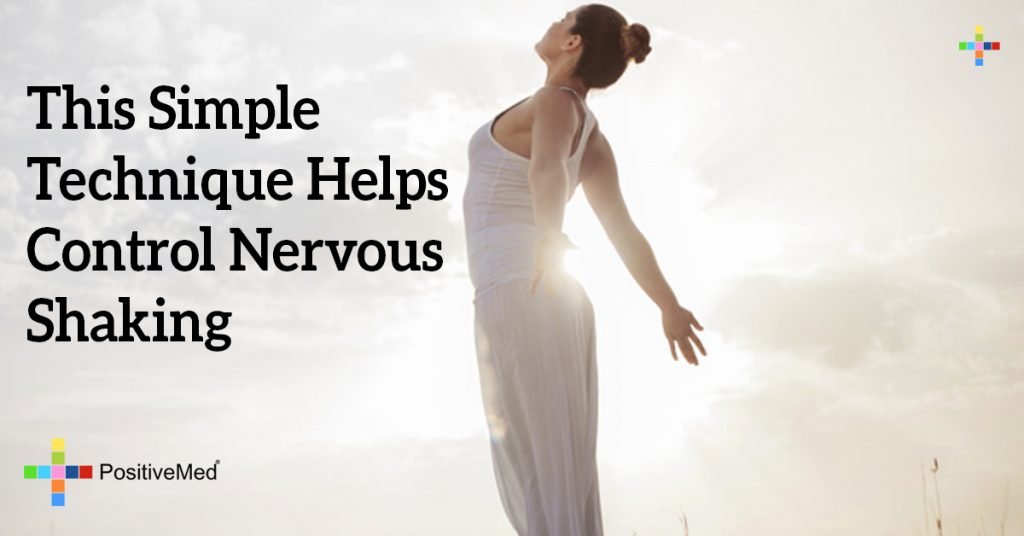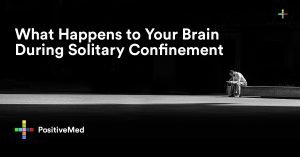
This Simple Technique Helps Control Nervous Shaking
When you get nervous – such as before an exam or a presentation – you might notice your hands starting to shake. You might also get an upset stomach, feel dizzy, or have a pounding heart. These are actually very natural responses to anxiety. There are some techniques that can help you control nervous shaking.

Anxiety is triggered by the activation of your Sympathetic Nervous System (SNS), while calmness is caused by the Parasympathetic Nervous System (PNS). Yes, they have similar names, but remember it like this: “Sympathetic” nervous system, as in “people will feel Sympathetic about your shaking hands!” and “Parasympathetic” as in “the Paramedic will fix your problems!”
Back when people used to live out in the wild, getting easily anxious was a very adaptive characteristic. One would want to be ready for encountering dangerous animals, and if necessary, make a quick run for it. However, in modern day situations, anxiety might prevent you from thinking straight during exams.
RELATED ARTICLE: 5 Things to Do to Help Your Partner with Social Anxiety!
What’s important to note, though, is that the SNS and PNS can’t be active at the same time – since their effects are exactly the opposite. Therefore, if your SNS is reacting too intensely, it can be countered by consciously activating the PNS.
One way to do this is to purposely slow down your breathing.
You might think that feelings of anxiety *cause* the bodily reactions, such as shaky hands. Well, that’s not wrong. But it also works the other way too. When your body reacts in an anxious way, it sends a message to your brain, confirming that “yes, I am nervous”.
You can use this feedback system to your advantage by sending a different message to your brain. What happens if you consciously breathe calmly? It sends your brain the message that “no, I’m actually very calm”. It helps your brain realize that there’s nothing to panic about, and thus, helps you control the intense anxiety.
There is a particular technique used by the US military called the Combat Breathing Technique. You simply breathe in for four seconds, hold your breath for four seconds, then breathe out for four seconds.
RELATED ARTICLE: 5 Things To Do To Manage Anxiety
When you feel anxious, your breathing automatically becomes quick and shallow. But by consciously focusing on breathing slower and deeper, you can send your brain the right messages, slow down your heart rate, and thus, control the amount of anxiety that you feel.
Anxiety is a good thing if it comes in the right amounts. If you’re someone who gets nervous easily, that’s actually a positive attribute, since it means you take your tasks seriously. Whenever the anxiety gets too excessive, you just need to tell your brain to slow things down.
So next time you’re super nervous, just remember to breathe!
Bridwell, Virginia. “Physiological Psychology.” Bellevue College. Bellevue, WA. Apr. 2014. Lecture.
Gazzaniga, Michael S., Richard B. Ivry, and George R. Mangun. Cognitive Neuroscience: The Biology of the Mind. 4thth ed. N.p.: WW Norton Co, 2013. Print.
Kalat, James W. Biological Psychology. 11thth ed. North Carolina: Linda Schreiber-Ganste, 2013. Print.





